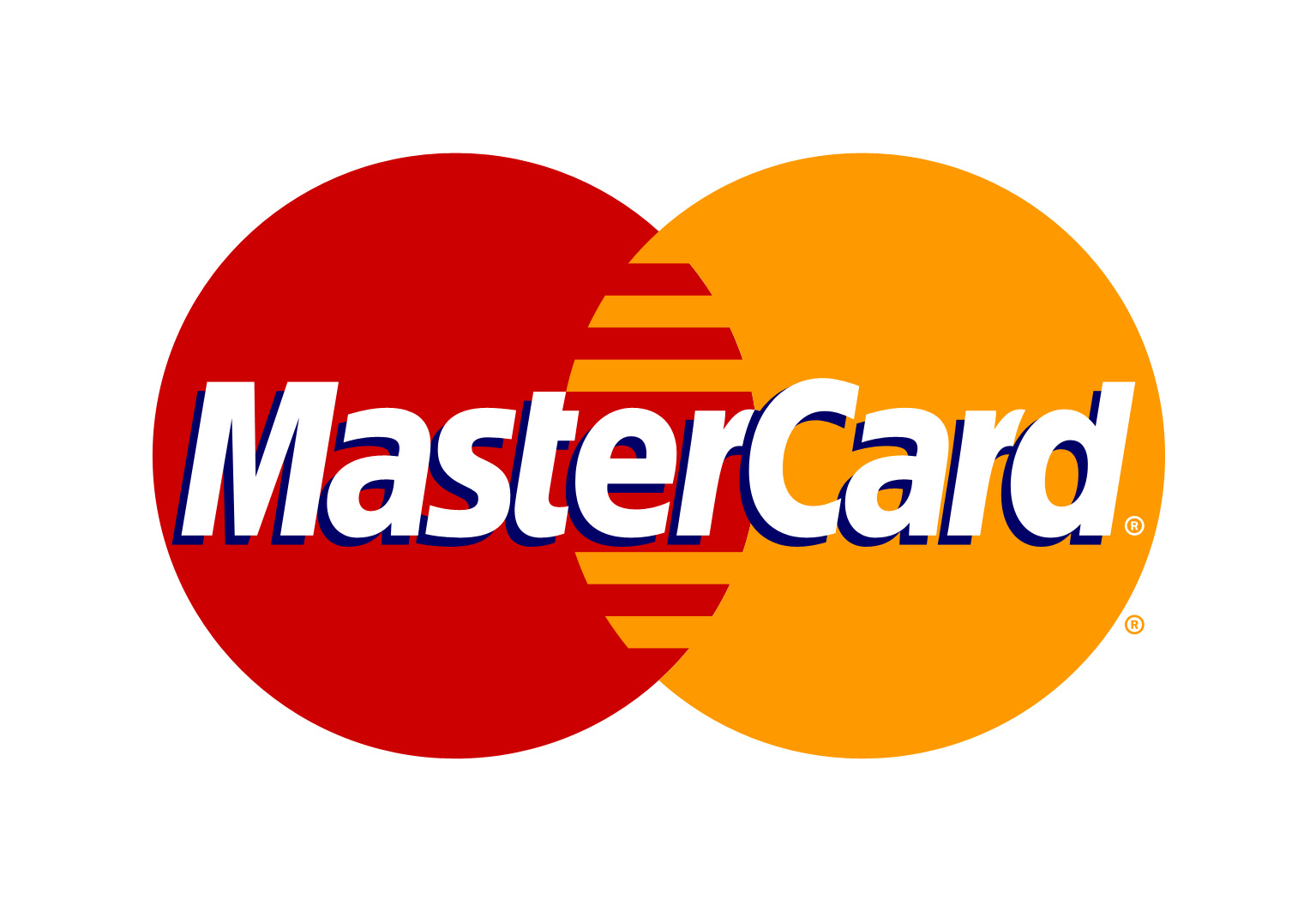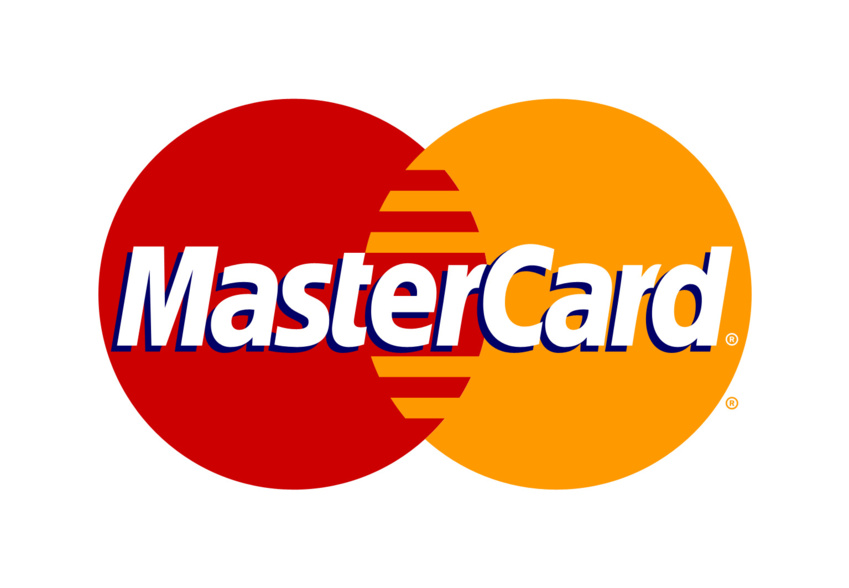Ideas to improve diversity, equity, and inclusion, or DEI, emerged throughout the year as businesses recognised the benefits of bringing more people into the financial fold. However, as progress was made, it became clear that turning promising slogans into reality is not easy.
There are no quick fixes for women, people of color, or the LGBTQ community to level the playing field. True change necessitates deliberate steps that begin with determining what people require and then assist them in achieving those needs.
Here are six stories that demonstrate how technology, innovative partnerships, and a willingness to think differently can help communities.
Harlan Kingfisher, a Plains Cree from Canada's Sturgeon Lake First Nation, struggled to find the capital he needed to grow when he tried to turn his passion for ice hockey into a sports clothing brand.
He entered the Pow Wow Pitch competition and won the top prize of $25,000, and now his Smudge the Blades is one of the rapidly growing number of First Nation businesses that contribute $30 billion to the economy.
Pow Wow Pitch will be able to reach more Indigenous entrepreneurs in First Nation communities across Canada thanks to a $500,000 investment from Mastercard.
Egypt’s Digital Future
When Egyptian women who sew garments for international fashion brands in Port Said factories were paid in cash, they frequently had to hand over their hard-earned wages to family members and faced the risk of being robbed on payday.
But then BSR, a global sustainability organization, partnered with Levi Strauss & Co., Mastercard, Commercial International Bank, and the Center for Development Services to launch the HERfinance Digital Wages initiative, which allows its workforce to be paid digitally, opening up a whole new world for the women who work there. Women can manage their money and gain independence by combining payments with financial education.
Now, Mastercard is assisting in scaling up the initiative by collaborating with employers and financial service providers to extend digital payrolls for thousands of Egyptian female factory workers in order to improve their long-term financial security and resilience.
Despite the potential for AI to improve our lives, racial bias in algorithms can prevent people of color from having equal access to finance, health care, and even justice.
Howard University, a historically Black university in Washington, D.C., is working with future developers at its Center for Applied Data Science and Analytics to address this issue.
The program, which is partially funded by a $5 million grant from the Mastercard Impact Fund, teaches students how to fix AI distortions in order to increase opportunities for Black consumers and business owners.
Asher DiGiuseppe, like many transgender or nonbinary people, felt embarrassed — or worse, threatened — when he paid for items with cards bearing the name he used before transitioning.
He isn't alone. According to a Mastercard survey, more than half of transgender or nonbinary people in North America and Europe feel unsafe while shopping and want businesses to do more to recognize their identities.
Mastercard's True Name feature allows cardholders like Asher to use their preferred name on their bank card, reducing anxiety and making financial services more accessible. The functionality is now available in 33 countries across four continents.
When Alecia Thomas, a software developer with autism and attention deficit/hyperactivity disorder, applies for jobs, she finds the standard interview process terrifying.
So she turned to the nonprofit Neurodiversity in the Workplace for advice on how to best showcase her skills and experience, and she interviewed with Mastercard, which is piloting a programme to hire more neurodiverse people. Instead of a brief, intense interview, she was evaluated for a week before landing the job she desired.
“Recruiting neurodiverse talent is also just the smart thing to do, as the diversity of our employee base and different perspectives lead to greater innovation,” says Arlene Gonzalez-Pagan, vice president of Diversity, Equity and Inclusion at Mastercard. Ultimately, it’s better for business.”
Egypt Otis used crowdfunding to open Comma Bookstore & Social Hub in Flint, Michigan, after deciding to pursue her literary dreams.
While businesses owned by people of color were disproportionately affected by the pandemic, Black entrepreneurs like Otis are now launching a record number of new ventures. However, obtaining mainstream financing remains a challenge.
A shift to digitized credit applications and loan decision-making technologies such as open banking is finally beginning to democratize access to finance and close the racial opportunity gap.
While we made progress in 2022, true diversity, equity, and inclusion for many people remains a long way off. However, there are numerous organizations committed to seeking innovative, authentic, and impactful solutions in the coming year.
There are no quick fixes for women, people of color, or the LGBTQ community to level the playing field. True change necessitates deliberate steps that begin with determining what people require and then assist them in achieving those needs.
Here are six stories that demonstrate how technology, innovative partnerships, and a willingness to think differently can help communities.
Harlan Kingfisher, a Plains Cree from Canada's Sturgeon Lake First Nation, struggled to find the capital he needed to grow when he tried to turn his passion for ice hockey into a sports clothing brand.
He entered the Pow Wow Pitch competition and won the top prize of $25,000, and now his Smudge the Blades is one of the rapidly growing number of First Nation businesses that contribute $30 billion to the economy.
Pow Wow Pitch will be able to reach more Indigenous entrepreneurs in First Nation communities across Canada thanks to a $500,000 investment from Mastercard.
Egypt’s Digital Future
When Egyptian women who sew garments for international fashion brands in Port Said factories were paid in cash, they frequently had to hand over their hard-earned wages to family members and faced the risk of being robbed on payday.
But then BSR, a global sustainability organization, partnered with Levi Strauss & Co., Mastercard, Commercial International Bank, and the Center for Development Services to launch the HERfinance Digital Wages initiative, which allows its workforce to be paid digitally, opening up a whole new world for the women who work there. Women can manage their money and gain independence by combining payments with financial education.
Now, Mastercard is assisting in scaling up the initiative by collaborating with employers and financial service providers to extend digital payrolls for thousands of Egyptian female factory workers in order to improve their long-term financial security and resilience.
Despite the potential for AI to improve our lives, racial bias in algorithms can prevent people of color from having equal access to finance, health care, and even justice.
Howard University, a historically Black university in Washington, D.C., is working with future developers at its Center for Applied Data Science and Analytics to address this issue.
The program, which is partially funded by a $5 million grant from the Mastercard Impact Fund, teaches students how to fix AI distortions in order to increase opportunities for Black consumers and business owners.
Asher DiGiuseppe, like many transgender or nonbinary people, felt embarrassed — or worse, threatened — when he paid for items with cards bearing the name he used before transitioning.
He isn't alone. According to a Mastercard survey, more than half of transgender or nonbinary people in North America and Europe feel unsafe while shopping and want businesses to do more to recognize their identities.
Mastercard's True Name feature allows cardholders like Asher to use their preferred name on their bank card, reducing anxiety and making financial services more accessible. The functionality is now available in 33 countries across four continents.
When Alecia Thomas, a software developer with autism and attention deficit/hyperactivity disorder, applies for jobs, she finds the standard interview process terrifying.
So she turned to the nonprofit Neurodiversity in the Workplace for advice on how to best showcase her skills and experience, and she interviewed with Mastercard, which is piloting a programme to hire more neurodiverse people. Instead of a brief, intense interview, she was evaluated for a week before landing the job she desired.
“Recruiting neurodiverse talent is also just the smart thing to do, as the diversity of our employee base and different perspectives lead to greater innovation,” says Arlene Gonzalez-Pagan, vice president of Diversity, Equity and Inclusion at Mastercard. Ultimately, it’s better for business.”
Egypt Otis used crowdfunding to open Comma Bookstore & Social Hub in Flint, Michigan, after deciding to pursue her literary dreams.
While businesses owned by people of color were disproportionately affected by the pandemic, Black entrepreneurs like Otis are now launching a record number of new ventures. However, obtaining mainstream financing remains a challenge.
A shift to digitized credit applications and loan decision-making technologies such as open banking is finally beginning to democratize access to finance and close the racial opportunity gap.
While we made progress in 2022, true diversity, equity, and inclusion for many people remains a long way off. However, there are numerous organizations committed to seeking innovative, authentic, and impactful solutions in the coming year.


 Moving towards greater equity: Mastercard
Moving towards greater equity: Mastercard





 Companies
Companies